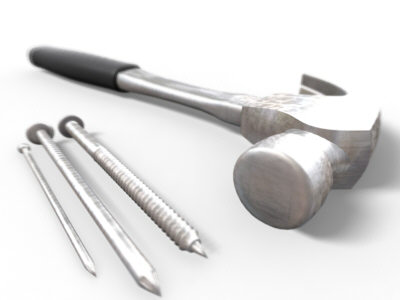 If Bob is really good at making hammers and Alice is a nail making genius, they can get further by sticking to their specialties and trading – better and cheaper hammers and nails for all.
If Bob is really good at making hammers and Alice is a nail making genius, they can get further by sticking to their specialties and trading – better and cheaper hammers and nails for all.
Lesson 1: Specialization is good
Now Frank comes along and he’s also pretty good at making hammers. Not such good news for Bob, but the competition between them leads to a decrease in the price of hammers – good for the rest of town.
Lesson 2: Competition is good for society
Lesson 3: The current winners don’t want competition. Competition means they must work to stay in the same place
So Bob wants to prevent Frank from coming to town and forcing him to work harder. He convinces the rest of the townsfolk that Frank is bad for them – he is going to steal their jobs and housing. Bob’s nasty plan works and Frank can’t get work in town.
What are the results? The town loses (hammers are more expensive) and only Bob wins (he doesn’t have to work hard).
Lesson 4: Blocking immigrants is bad for the economy – it only protects the lazy
A frustrated Frank goes to another town and sets up a shop there. He is hard working and business is good so he hires an assistant (more jobs) and has a house built (more housing). Frank has stimulated growth in the new town.
Lesson 5: Welcoming skilled immigrants is good for the economy
Frank’s hammers are so good that people from other towns start coming over to buy his hammers. They don’t go to Bob’s town anymore, so Alice also sells fewer nails and soon they are both out of work. Everyone in town now has to travel to the next town for hammers and nails.
Lesson 6: In the long term blocking immigrants hurts everyone – even the lazy


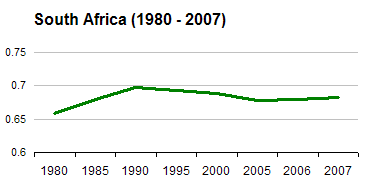
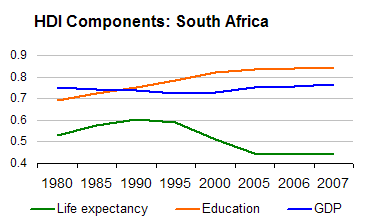
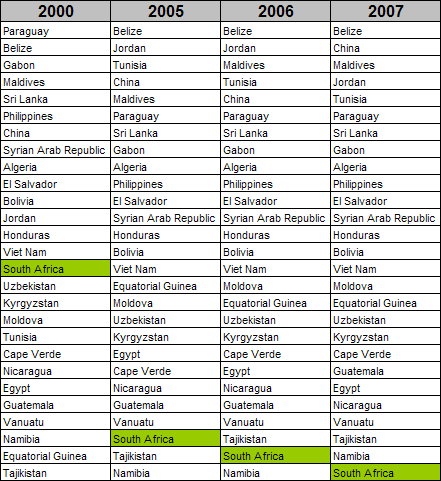
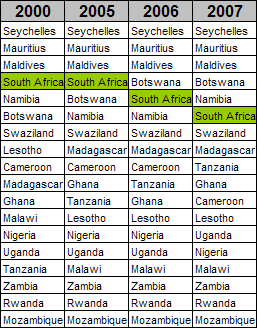




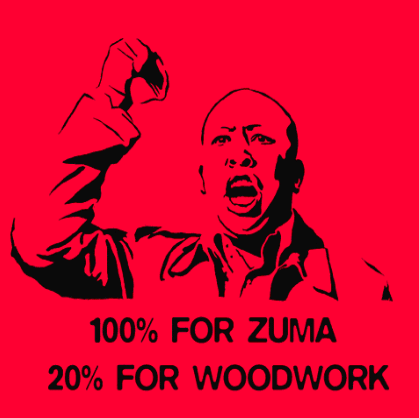
 The DA is trying to emulate some of the success that Barack Obama had online during his election campaign.
The DA is trying to emulate some of the success that Barack Obama had online during his election campaign.
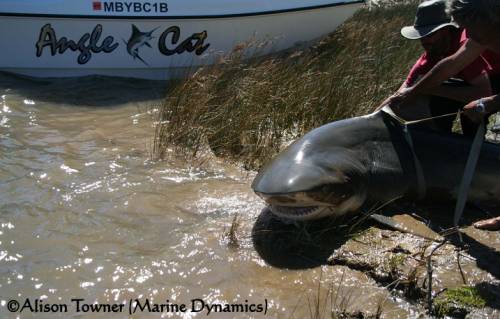

 IOL
IOL  If Bob is really good at making hammers and Alice is a nail making genius, they can get further by sticking to their specialties and trading – better and cheaper hammers and nails for all.
If Bob is really good at making hammers and Alice is a nail making genius, they can get further by sticking to their specialties and trading – better and cheaper hammers and nails for all.